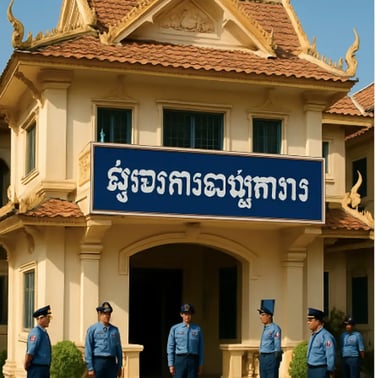Cambodia 2025: What Travelers Absolutely Need to Know About Laws, Drugs, Alcohol, Road Safety, and Restricted Areas
What are the risks of drug use in Cambodia? What are the rules regarding alcohol consumption? Is it dangerous to drive or film in certain areas? All the essential answers to travel with peace of mind in 2025.
BLOG CAMBODIA
7/26/202510 min read




Travel
Asia Blog – Practical tips about Vietnam, Thailand, South Korea, Cambodia... visas, eSIMs, banking, travel budget, and more.
© 2026. All rights reserved.